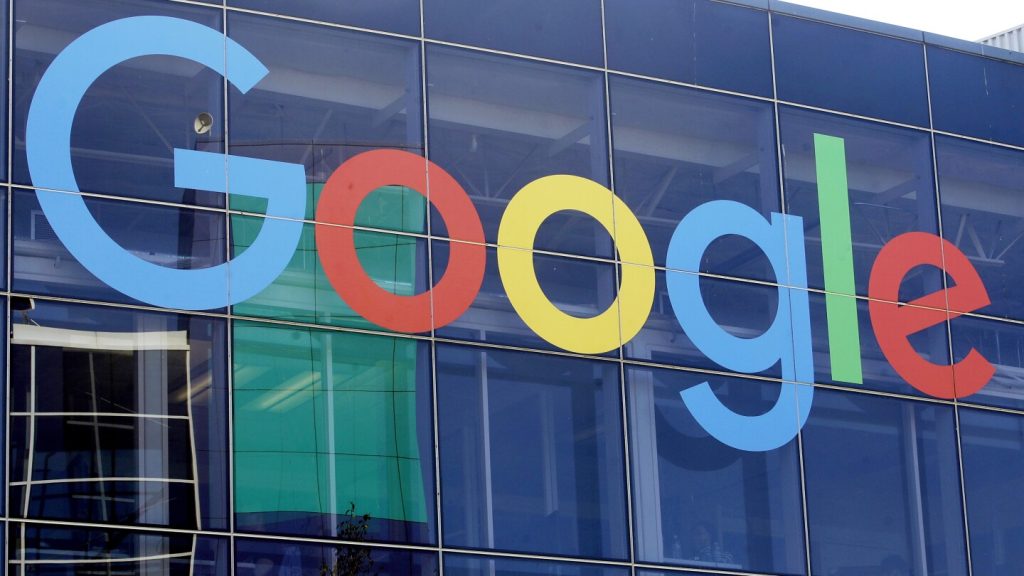Federal Judge Orders Google to Tear Down Digital Walls Protecting Play Store from Competition
A federal judge has ordered Google to make significant changes to its Play Store for Android apps in an effort to prevent an illegal monopoly. The injunction issued by U.S. District Judge James Donato requires Google to allow the distribution of rival third-party app stores through the Play Store and make millions of Android apps accessible to competitors. Google has until November to implement the revisions dictated in the court order, despite initially claiming it would take 12 to 16 months to design the necessary safeguards.
The court-mandated overhaul is aimed at preventing Google from restricting competition in the Android app market and protecting its commission system, which has been lucrative for the company and its parent company Alphabet Inc. The Play Store has been generating billions of dollars annually through commissions imposed on digital transactions within Android apps, similar to Apple’s fee structure in its iPhone app store. The ruling follows an antitrust lawsuit filed by Epic Games, challenging Google’s monopoly on the Play Store.
Google has stated that it will ask the court to pause the pending changes and plans to appeal the decision. In addition to opening up the Play Store to rivals, the court ruling also prohibits Google from sharing revenue with anyone who distributes Android apps or is considering launching an Android app distribution platform. The company will not be allowed to pay developers to launch apps exclusively on the Play Store or make deals with manufacturers to preinstall the store on Android devices. The ruling also prohibits Google from requiring apps to use its billing system or discouraging customers from downloading apps from other sources.
While Epic Games lost its antitrust case against Apple, the ruling against Google could have ripple effects on the iPhone app store as another federal judge assesses Apple’s practices. Apple was ordered to allow in-app links to alternative payment systems in a separate case, but Epic contends that consumer choice is still being stifled. The forthcoming changes to the Play Store may be a first step in addressing antitrust concerns surrounding Google’s dominance in the tech industry.
Analysts predict that Google may see a revenue hit as a result of the Play Store changes, with large app developers like Epic Games gaining market share. While the Play Store has brand recognition as the default Android app store, some consumers may defect if they find better deals elsewhere. App developers are likely to take advantage of the opportunity to promote direct downloads to consumers, further impacting Google’s revenue from the Play Store. Google’s parent company, Alphabet Inc., saw its shares fall following the court ruling.














